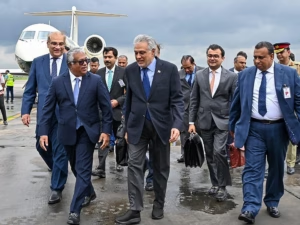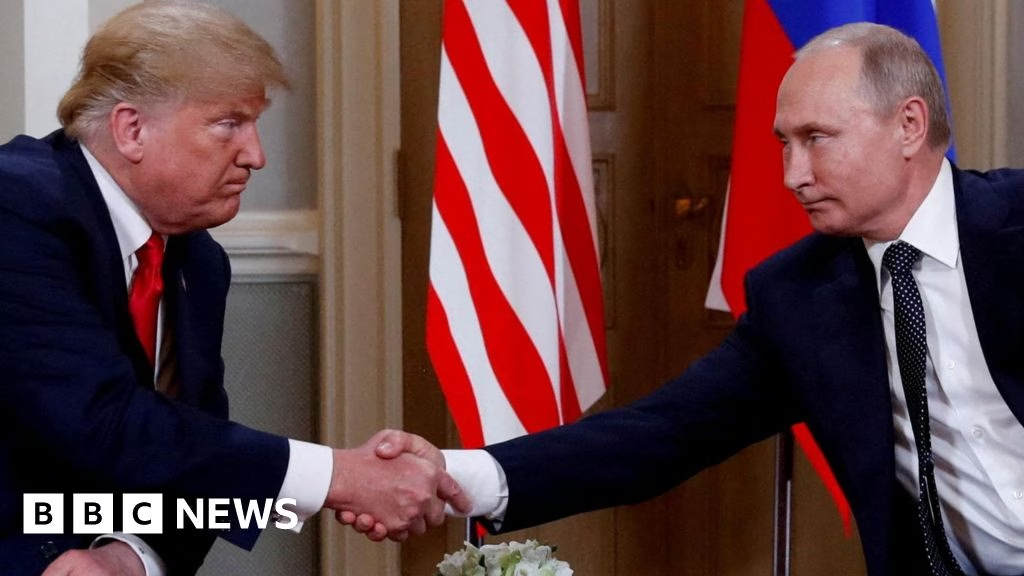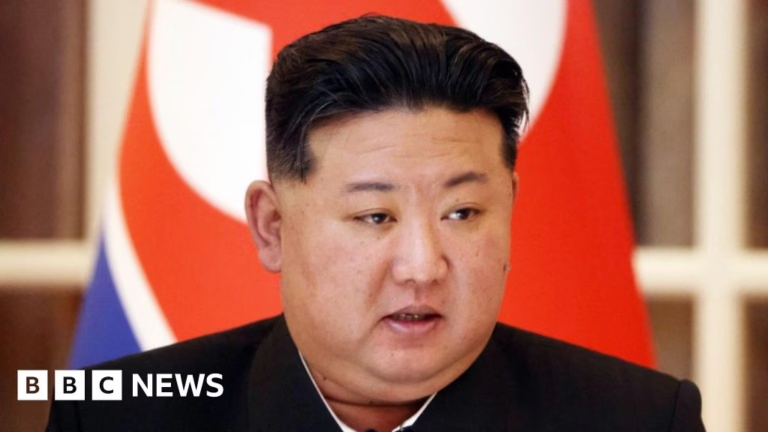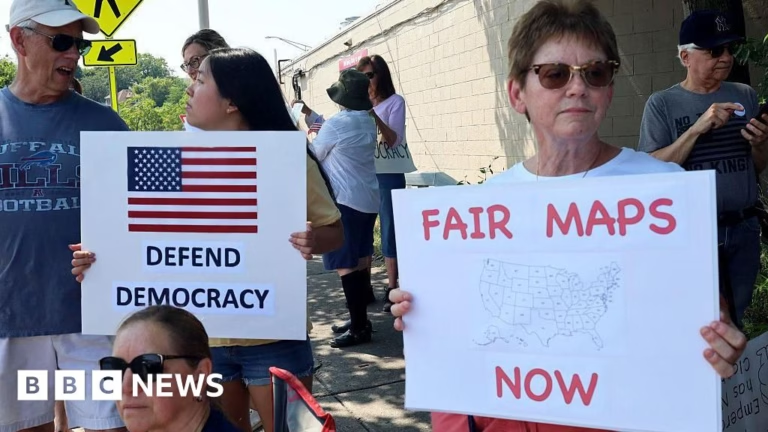When Donald Trump met with President Zelensky last September, he confidently stated that he could end the war in Ukraine quickly if he won the presidency. However, his timeline for resolving the conflict has varied since then. In a previous debate, Trump had promised to settle the issue before even taking office, escalating his previous commitment to stop the fighting within the first 24 hours of his presidency.
Now, more than two months into his presidency, it seems that the White House is starting to understand that ending a bitter and complex conflict like this may take time. Recently, Trump admitted in a TV interview that his promise to end the war in a day was filled with a bit of sarcasm. There are various reasons for the slower progress than Team Trump initially anticipated.
Firstly, Trump’s belief in the power of personal diplomacy may have been misplaced. He has engaged in direct conversations with Russia’s Vladimir Putin, hoping to negotiate deals. However, these telephone calls have failed to secure an immediate ceasefire and Russia has continued to attack Ukrainian energy facilities.
Secondly, Putin has shown no intention of being rushed. In his first public comments about the negotiations, he insisted that any discussions must address Russia’s concerns about NATO’s expansion and the perceived threat that Ukraine poses to Russia’s security. These demands and conditions have hindered any progress towards a deal.
Thirdly, the US strategy to initially focus on Ukraine may have been misguided. The White House believed that President Zelensky was an obstacle to peace and applied pressure on him, resulting in a confrontation in the Oval Office. This not only consumed valuable time and effort but also strained transatlantic relations, creating another diplomatic problem that took time to settle.
Fourthly, the complexity of the conflict itself makes any resolution difficult. Ukraine initially proposed an interim ceasefire in the air and at sea, which seemed straightforward to monitor. However, the US insisted on including a ceasefire along the 1200km-long front line in the east, which complicated the logistics of verifying any ceasefire.
Fifthly, the US focus on the economic benefits of a ceasefire distracted attention from the priority of ending the fighting. Trump has been trying to reach a framework deal that would give US firms access to Ukrainian critical minerals. Although Ukraine initially requested security guarantees to deter future Russian aggression, the White House refused, citing the presence of US mining firms and workers as a deterrent.
In conclusion, ending wars can be complex and time-consuming. While Trump’s persistence has brought progress, it has not been as quick or simple as he initially believed.
Source: https://www.bbc.com/news/articles/c89yngk2z7qo







